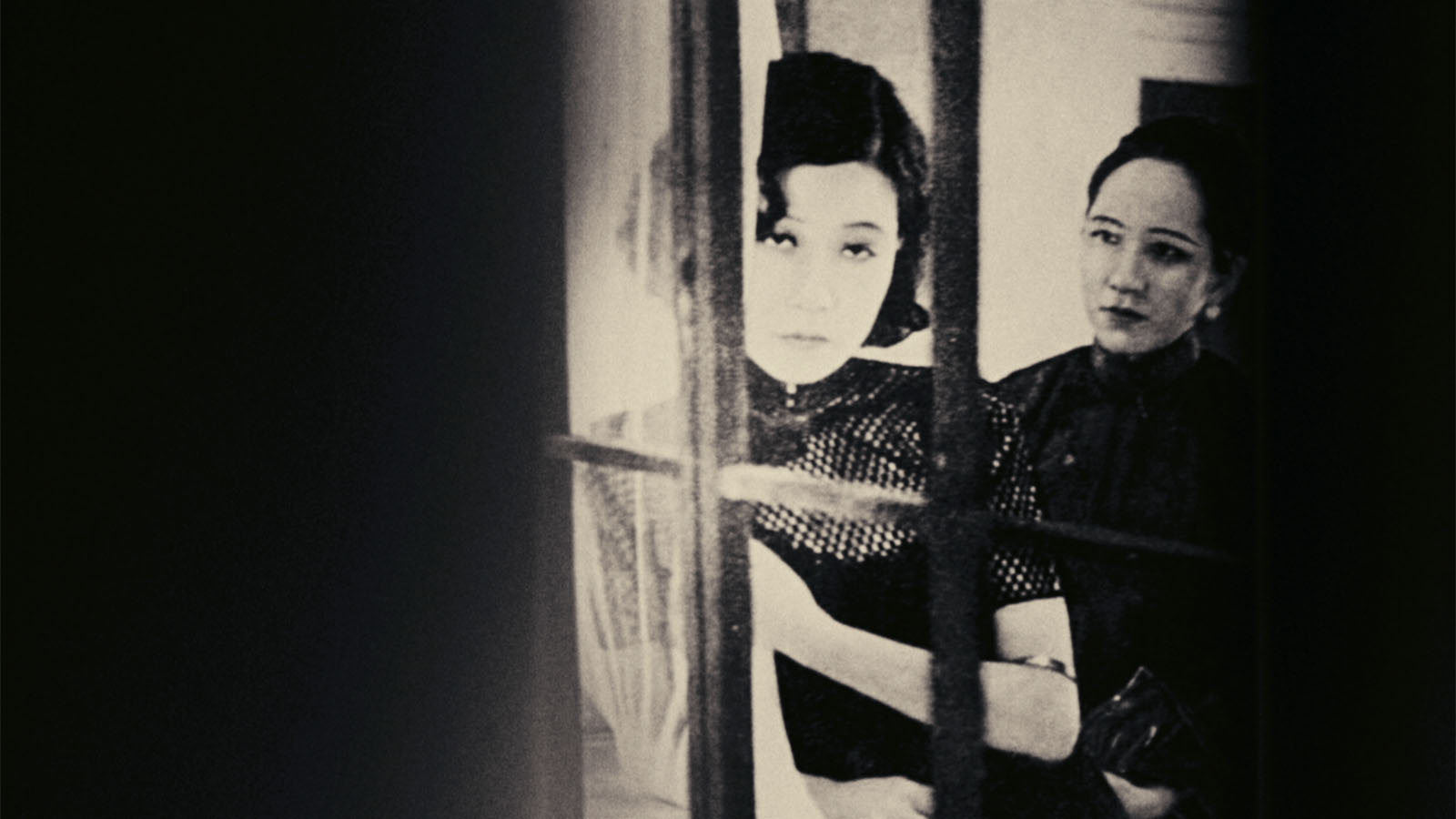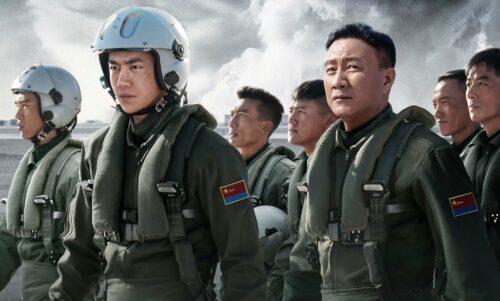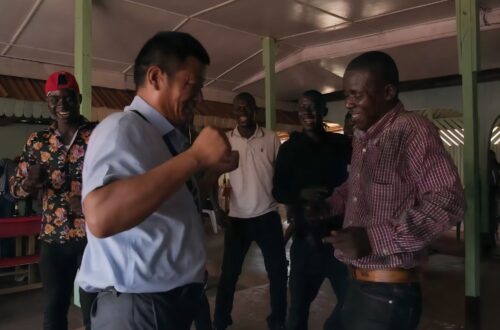‘Center Stage’ reconstructs the life and enigma of a legendary actress
Stanley Kwan’s 1991 biopic about screen legend Ruan Lingyu takes an interesting approach, with an unusual style that focuses on the mystique of its star.

No actress is more evocative of the world of silent Chinese film than Ruǎn Língyù 阮玲玉. Best remembered today for her role in The Goddess (神女 shén nǚ), a drama about a mother who works as a prostitute to support her daughter, Ruan struck a chord with viewers in the 1930s for her emotional portrayals of modern, downtrodden women. As fine an actress as she was, however, part of Ruan’s allure has to do with her own enigmatic, tragic life. In 1935, a scandal erupted over her relationship with businessman Táng Jìshān 唐季珊. Although they made a deal to divorce, Ruan was still married to her estranged husband Zhāng Dámín 张达民 , an unsavory gambler who ended up suing her for reparations.
The press was vicious about the affair, and Ruan became so despondent that she committed suicide that March, overdosing on barbiturates at the age of 24. One of her suicide notes read “Gossip is a fearful thing,” yet Ruan’s exact feelings and motivation are debated, and even this final message attributed to her might have been faked by Tang or somebody else. Ruan’s rags-to-riches beginnings and her tumultuous end would be a natural subject for a glossy, tear-jerking homage to a screen legend. Center Stage (阮玲玉 Ruǎn Língyù), Stanley Kwan’s 1991 biopic about Ruan, takes a more interesting approach with its unusual style and a focus on the mystique of its star.
As he initially thought about it, Kwan envisioned a more conventional movie with pop singer and actress Anita Mui (梅艳芳 Méi Yànfāng) as Ruan. When Mui became unavailable, Maggie Cheung (张曼玉 Zhāng Mànyù) got the role, and the project took an experimental turn. In his celebrated ghost story Rouge (胭脂扣 yānzhī kòu) (1988), Kwan placed Anita Mui in a non-linear narrative that alternated between scenes of 1930s and 1980s Hong Kong. Center Stage goes further in complexity, mixing up a dramatization of Ruan’s life with real snippets of her performances, reconstructions of scenes from lost movies, and documentary footage of Kwan and his team’s experiences with making their film.
Ruan’s childhood could give a Hollywood screenwriter plenty of choices for a sensationalized opening. Her father died when she was a kid, and Ruan grew up in poverty with her mother, a housemaid for Shanghai’s rich and influential Zhang family. (Ruan’s husband Zhang Damin was a member of this clan.) There are conflicting stories about what circumstances led to Ruan taking up acting, but it’s known she was 16 and looking to make money when she passed an audition for the Mingxing Film Company in 1926. Skipping past these episodes, Center Stage begins as though a documentary, as we listen to Stanley Kwan talk to Maggie Cheung over a series of stills from Ruan’s earliest performances.
From their conversation, we learn that Ruan played less serious roles at first, similarly to Cheung. When Ruan moved over to the Lianhua Studio in 1929, her roles became bigger and increasingly dramatic. It’s at this moment where Center Stage starts its reconstruction of Ruan’s life, as Lianhua executives discuss their new acquisition in a bathhouse, plotting how to make her a star. The scene jumps to the shooting of Ruan’s first film with the company, the now-lost Wild Flowers (野草闲花 yěcǎo xián huā). Over the years, we see Ruan’s rising career cross paths with the other big names of the era. She makes friends with Lí Lìlì 黎莉莉, her co-star who taught her Mandarin, and works with renown directors Sūn Yú 孙瑜 and Fèi Mù 费穆. Wealth and fame appear to bring her little satisfaction, however. Ruan’s husband Zhang is still an abusive leech, while her lover Tang Jishan hesitates to commit to her and leave his wife and other mistress.
Maggie Cheung’s performance as the doomed Ruan is stunning. It’s soft and sympathetic, yet elusive, capturing the aura of the beloved icon. While it’s critical of nostalgia, and doesn’t overlook the political and social uneasiness of its setting, Center Stage is also brimming with love and detail for the period it recalls. For fans of silent Chinese cinema, it’s a delight to see the many actors and directors the film pays tribute to, including interviews with a few of Ruan’s contemporaries. Other clever nods feature director Sun Yu’s son Sūn Dòngguāng 孙栋光 playing his father as a young man, and stylistic choices like using painted backgrounds, a common device of the time.
Although the film’s Chinese title is Ruan Lingyu, I think the English title is more representative, for once. Ruan is the “Center,” of course, but “Stage” highlights the artificiality behind acting, film, and the image we have of Ruan. This game with metadrama is a major theme of Kwan’s piece. At various points, Cheung and the actors break character to comment with Kwan on the action taking place. They ponder over Ruan’s motivations, or relate a fact about the scene, or pose questions to each other. These abrupt breaks from the plot have a distancing effect, so that no matter how moved we are by Cheung or Ruan, we’re reminded it’s all a fantasy. After spending two-and-a-half hours with such a legendary figure, I found myself wondering if we’ll ever know the real Ruan. Do we want to, for that matter? Or would uncovering her secrets ruin our fascination?
A 4K restoration of Center Stage is available to watch through New York’s Metrograph until April 1.






